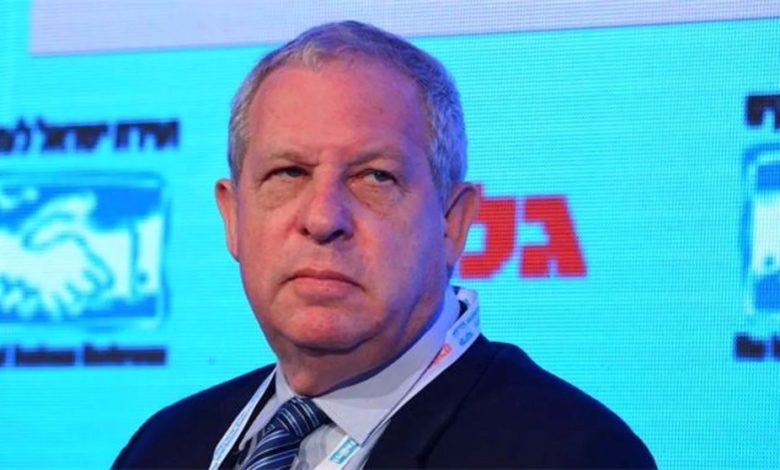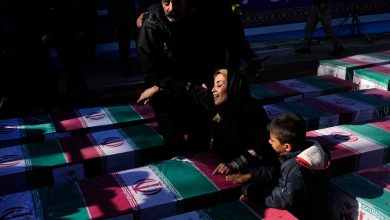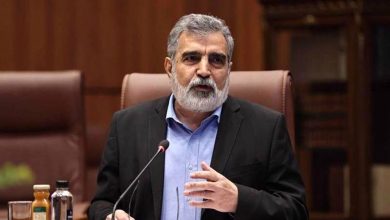Israeli military general acknowledged a complete failure of strategy regarding the regime’s operations in Gaza
The architect behind Israel's "Generals' Plan," aimed at depopulating northern Gaza, has characterized the country's 16-month-long military campaign in the blockaded Gaza Strip as a complete failure.

In an opinion piece published by Ynet, retired Major General Giora Eiland, the architect of the plan, stated that Israel has not succeeded in meeting its objectives in the blockaded Palestinian territory.
An official has criticized Israel’s progress in the ongoing conflict, stating that the country has fallen short in achieving most of its objectives. According to the statement, Israel has not succeeded in dismantling Hamas’ military capabilities, overthrowing the group’s governance, or ensuring the safe return of residents to their homes in Israel. However, there has been partial success in efforts to secure the return of abducted individuals, which was identified as one of the four primary goals.
Eiland has acknowledged that Hamas has not only thwarted Israel’s objectives but has also effectively realized its own strategic aims.
He emphasized that, in contrast, the Hamas movement has successfully accomplished all of its objectives, with the primary one being the continued governance of Gaza.
Eiland noted that a significant issue lay in the Israeli authorities’ approach to Hamas, viewing it solely as a “terrorist” group despite its establishment of governmental control in Gaza.
Human rights organizations have characterized the initial proposal as an element of an extended initiative aimed at ethnic cleansing, which could lead to the reestablishment of Jewish settlements within the restricted Palestinian territory.
The plan aimed to intensify the regime’s blockade on the region, halt the delivery of humanitarian aid to hundreds of thousands of Palestinians residing within the area, and classify those remaining as combatants. This would allow for targeted operations against them following the designation of the area as a “closed military zone.”
The administration’s strategy for the northern Gaza Strip, aimed at imposing a blockade to further its military objectives, has been widely criticized and deemed likely to fail.
In late September 2024, a group of commanders and reserve soldiers publicly disclosed a detailed and contentious plan through an online forum.
In an interview conducted on October 29, 2023, just weeks after the onset of hostilities, Eiland emphasized that Israel must intensify its efforts against Hamas and other militant factions to secure a decisive triumph.
The recent indication of faltering amidst humanitarian efforts directed towards Gaza has been described as a significant error by some observers. Calls for the total devastation of the region highlight the severe turmoil, profound humanitarian crisis, and urgent pleas for relief that persist in the territory.
In December 2023, he proposed a strategic shift, suggesting that should Hamas refuse negotiations over Israeli captives, then humanitarian aid should be curtailed. This move, he argued, could apply pressure with the ultimate goal of displacing the current Hamas leadership.
There have been ongoing discussions regarding the potential partial implementation of the Generals’ Plan amid the Gaza conflict, which resulted in the deaths of thousands of Palestinians and the displacement of millions.
In October 2024, a coalition of Israeli rights organizations, comprising Gisha, B’Tselem, Physicians for Human Rights-Israel, and Yesh Din, issued a statement indicating “alarming signs” of the plan’s implementation.
In the wake of recent remarks by Eiland, Hamas announced a postponement in the release of the next group of Israeli hostages, citing Israel’s alleged non-compliance with the terms of the ceasefire agreement as the reason for the delay, and stating it would be on hold “until further notice.”
On Tuesday, Israeli Prime Minister Benjamin Netanyahu announced that the ceasefire in Gaza would be terminated, and military operations against Hamas would recommence if the Palestinian militant organization failed to release hostages by the deadline of midday on February 15.
In a recent statement, Hamas reiterated its dedication to maintaining the ceasefire, while accusing Israel of actions that threaten its stability.
Since the commencement of a ceasefire on January 19, Hamas has been systematically releasing captives. However, on Monday, the organization announced it would halt further releases, citing allegations of Israel’s non-compliance with the agreement.







